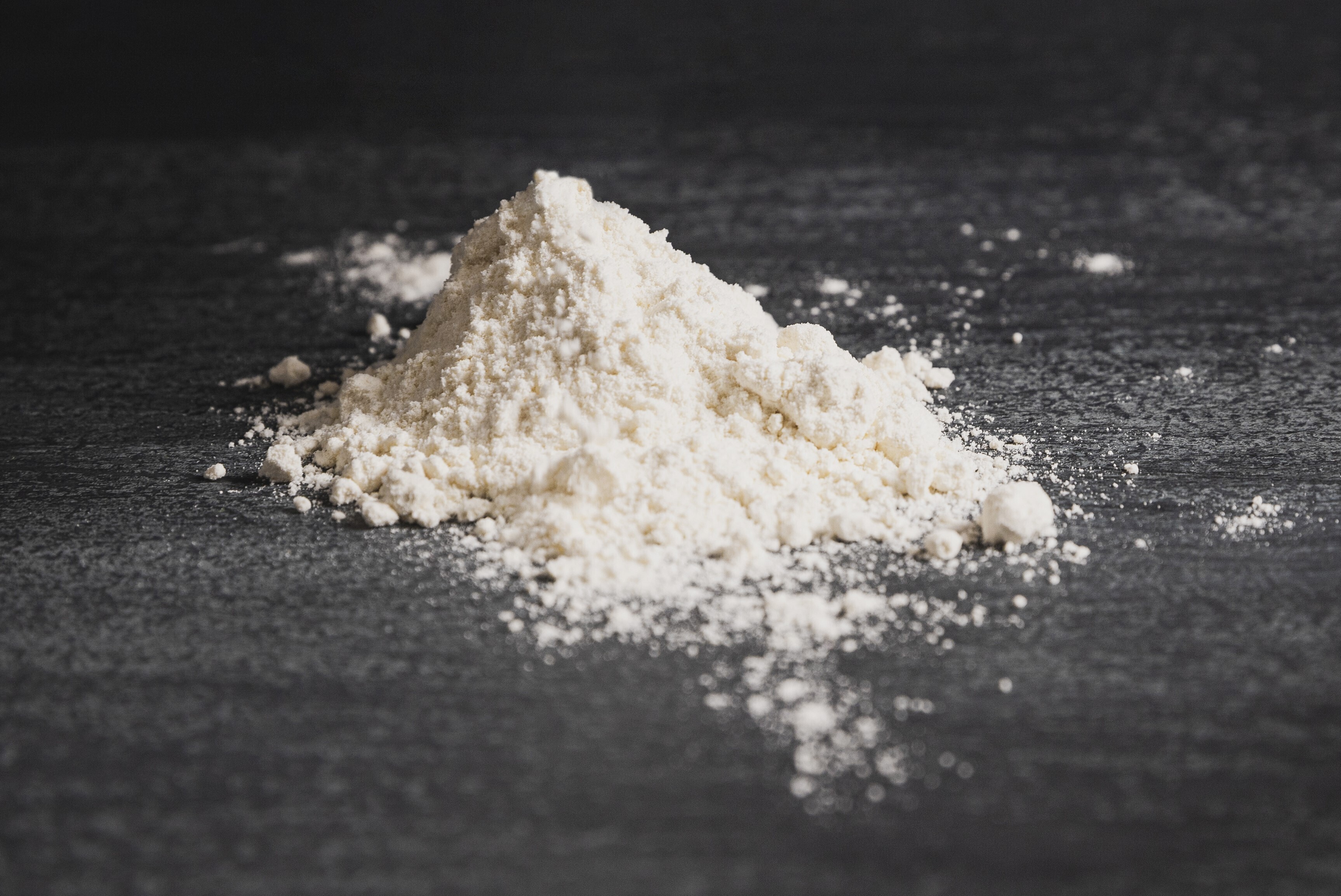

Futures market: During the night session, the most-traded alumina 2505 contract opened at RMB 2,937 per tonne, with a high of RMB 2,957 per tonne, a low of RMB 2,921 per tonne, and closed at RMB 2,950 per tonne, up RMB 14 per tonne, or 0.47 per cent, with an open interest of 201,000 lots.

Ore side: As of March 31, the SMM imported bauxite index stood at USD 93.1 per tonne, flat from the previous trading day. The SMM Guinea bauxite CIF average was USD 91 per tonne, flat from the previous trading day. The SMM Australia low-temperature bauxite CIF average was USD 87 per tonne, flat from the previous trading day. The SMM Australia high-temperature bauxite CIF average was USD 81 per tonne, flat from the previous trading day.
Industry news:
Basis report: According to SMM data, as of March 31, the SMM alumina index was at a premium of RMB 146 per tonne against the most-traded contract's latest transaction price at 11:30.
Warrant report: As of March 31, the total registered volume of alumina warrants increased by 601 tonnes to 299,100 tonnes compared to the previous trading day. The total registered volume of alumina warrants in Shandong remained flat at 4,513 tonnes, in Henan at 25,800 tonnes, in Guangxi at 49,800 tonnes, in Gansu at 22,500 tonnes, and in Xinjiang increased by 601 tonnes to 196,400 tonnes.
Overseas market: As of March 31, 2025, the FOB alumina price in Western Australia was USD 377 per tonne, with an ocean freight rate of USD 21.40 per tonne, and the USD/CNY exchange rate selling price was around 7.26. This price translates to a domestic mainstream port selling price of approximately RMB 3,092 per tonne, which is RMB 258 per tonne higher than the domestic alumina price, keeping the alumina import window closed. Based on the latest FOB transaction price of USD 368 per tonne in Eastern Australia, the domestic mainstream port selling price is around RMB 3,300 per tonne, only less than RMB 200 per tonne higher than the SMM alumina price index. If overseas alumina prices further decrease and the rate of decrease exceeds that of domestic prices, the alumina import window may gradually open. On the export side, based on the latest spot transaction price of alumina in Shandong, the domestic alumina export cost is around USD 450 per tonne, higher than the overseas spot alumina price, keeping the export window closed.
Summary: Last week, the weekly operating rate of alumina was lowered again, with the national total operating capacity of metallurgical alumina reduced to 87.3 million tonnes per annum, and the weekly operating capacity decreased by 700,000 tonnes per annum MoM. However, the overall supply surplus in the alumina market has not yet reversed.
According to SMM data, as of last Thursday, the total operating capacity of domestic aluminium was 43.88 million tonnes per annum, translating to an alumina demand operating capacity of around 84.47 million tonnes per annum, with theoretical demand increasing slightly but still below actual operating levels. On the supply side, domestic bauxite supply remains low, with limited increments. The increase in imported bauxite supply has driven the total domestic bauxite supply, and the supply-demand fundamentals of bauxite may become more relaxed than before, with bauxite prices likely to remain under pressure in the short term.
Meanwhile, downstream aluminium plants reported that alumina procurement is mainly based on long-term contracts, and some plants that have stockpiled for winter are planning to actively reduce inventory. According to SMM statistics, alumina raw material inventory at aluminium plants decreased by 44,000 tonnes W-o-W. In the short term, alumina circulating supply is expected to remain relatively loose, and alumina prices may continue to operate under pressure. Subsequent attention should be paid to changes in alumina operating capacity.
Note: This article has been issued by SMM and has been published by AL Circle with its original information without any modifications or edits to the core subject/data.



Responses






